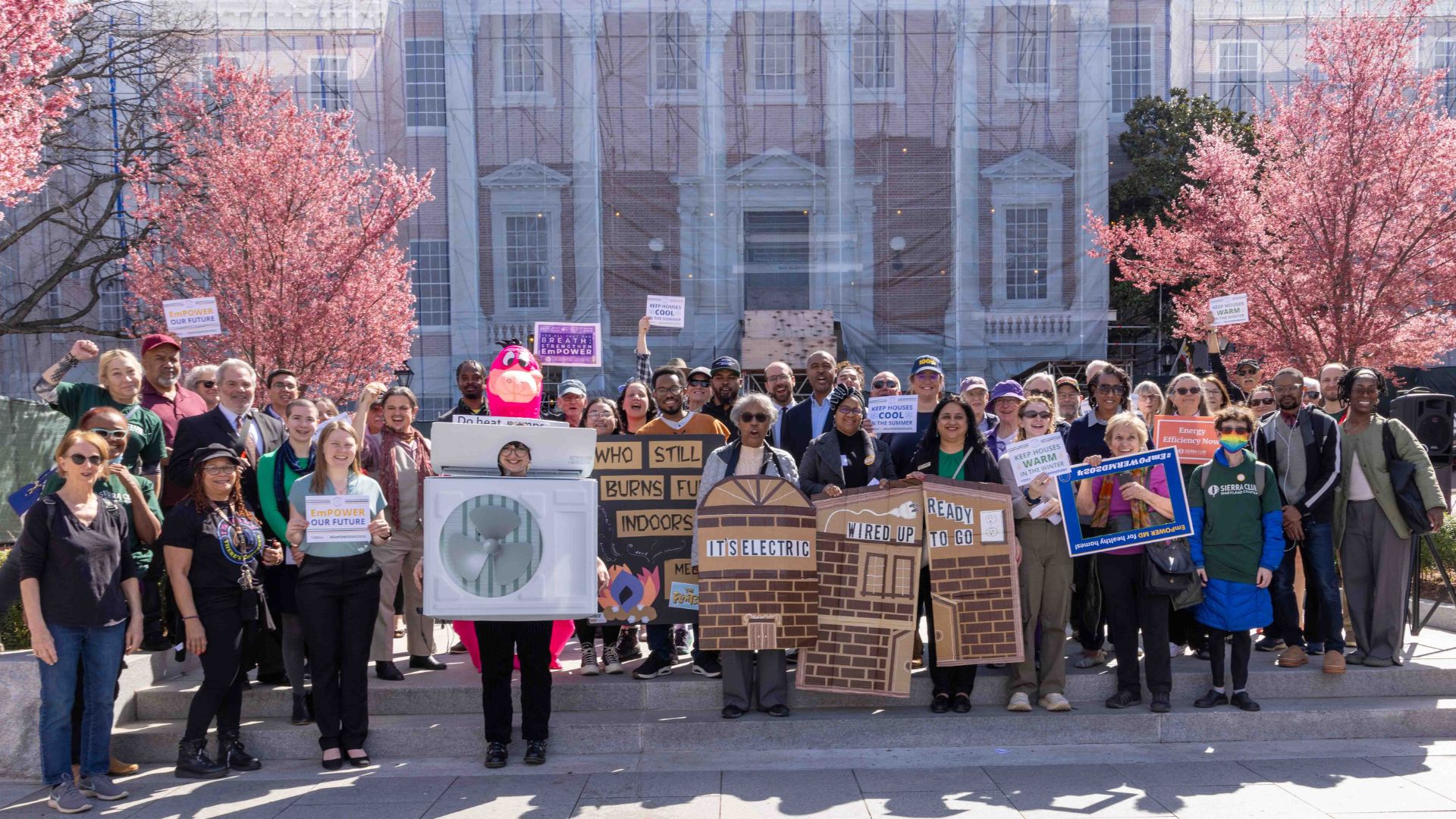
Expanding small donor public financing
It’s hard to believe it’s been ten years since the Maryland General Assembly passed the Campaign Finance Reform Act of 2013 which made it possible for Maryland counties and Baltimore City to build small donor campaign finance programs.
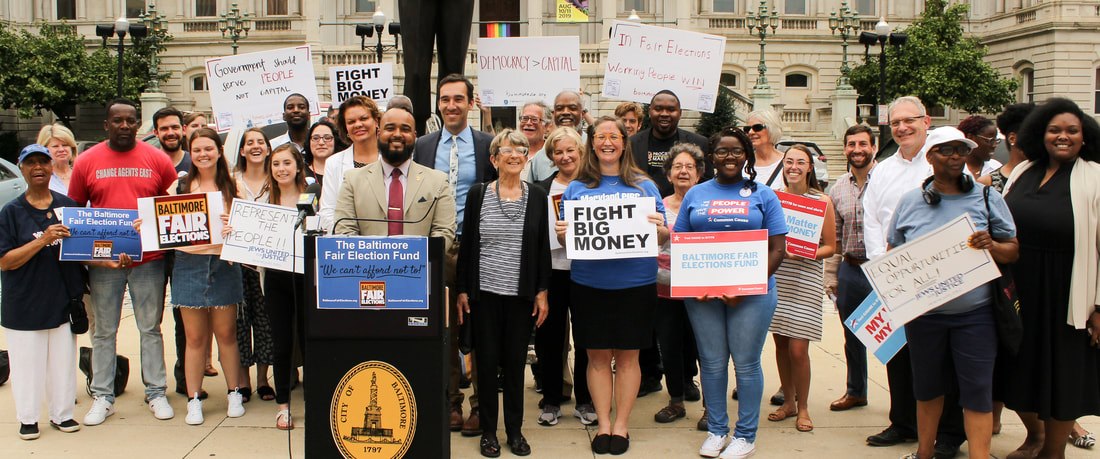
Today we testified in support of a state bill to enable counties and the City of Baltimore to establish public campaign financing programs for additional offices, including State’s Attorney, sheriff, register of wills, judge and clerk of the Circuit Court, judge of the Orphans’ Court or an elected member of the County Board of Education after the jurisdiction has implemented a system of small donor public campaign financing for elective offices in the executive or legislative branches of government for at least one complete election cycle. You can read our testimony here.
The bill is sponsored by Delegate Jessica Feldmark.
It’s hard to believe it’s been ten years since the Maryland General Assembly passed the Campaign Finance Reform Act of 2013 which made it possible for Maryland counties and Baltimore City to build small donor campaign finance programs.
Since, Montgomery County, Howard County, Prince George’s County, Baltimore City, and Baltimore County have all established these new campaign finance systems, and Montgomery County and Howard County have run elections using the new system.
These types of programs are popular, effective, and gaining momentum. Maryland PIRG Foundation’s 2019 report documented the success of the Montgomery County program in the 2018 election, which I link to in my testimony.
This program aims to expand opportunities to run for office, so candidates of all backgrounds can run based on the strength of their ideas–not access to money. This is particularly important for the offices included in this bill.
Small donor campaign financing programs allow candidates to run for office with small donations from their constituents and remain competitive with those who accept large and corporate contributions. This serves the dual purpose of reducing corporate and large donor campaign spending and re-engaging the community in the electoral process.
It is time to let jurisdictions who have tried and tested their programs expand them to include additional offices.
See the Campaign

Big Money Out
Topics
Updates

Lobby day secures bipartisan support for the Plastic Pellet Free Water Act
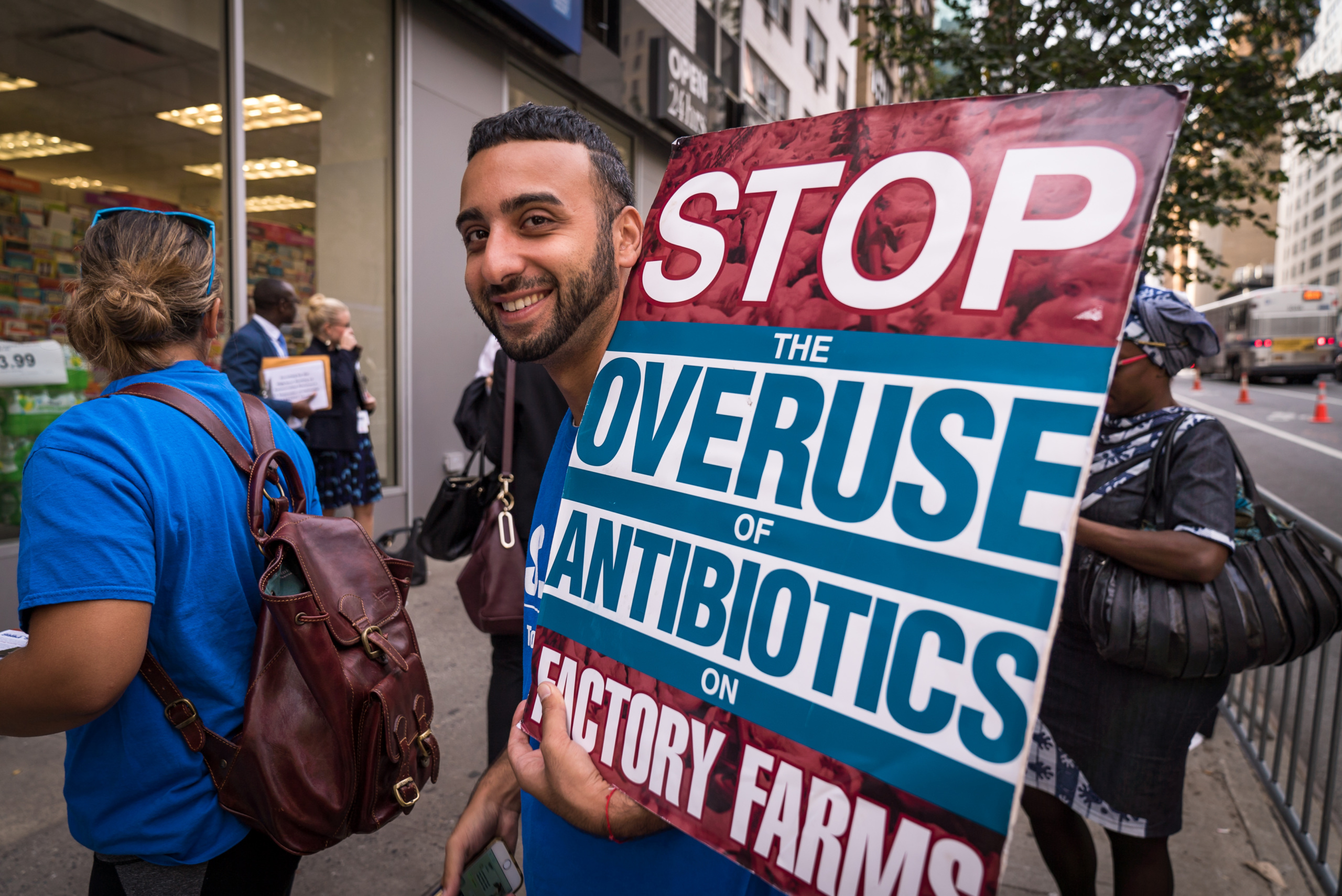
Stop The Overuse Of Antibiotics
Panera Bread backs off of no antibiotics policy
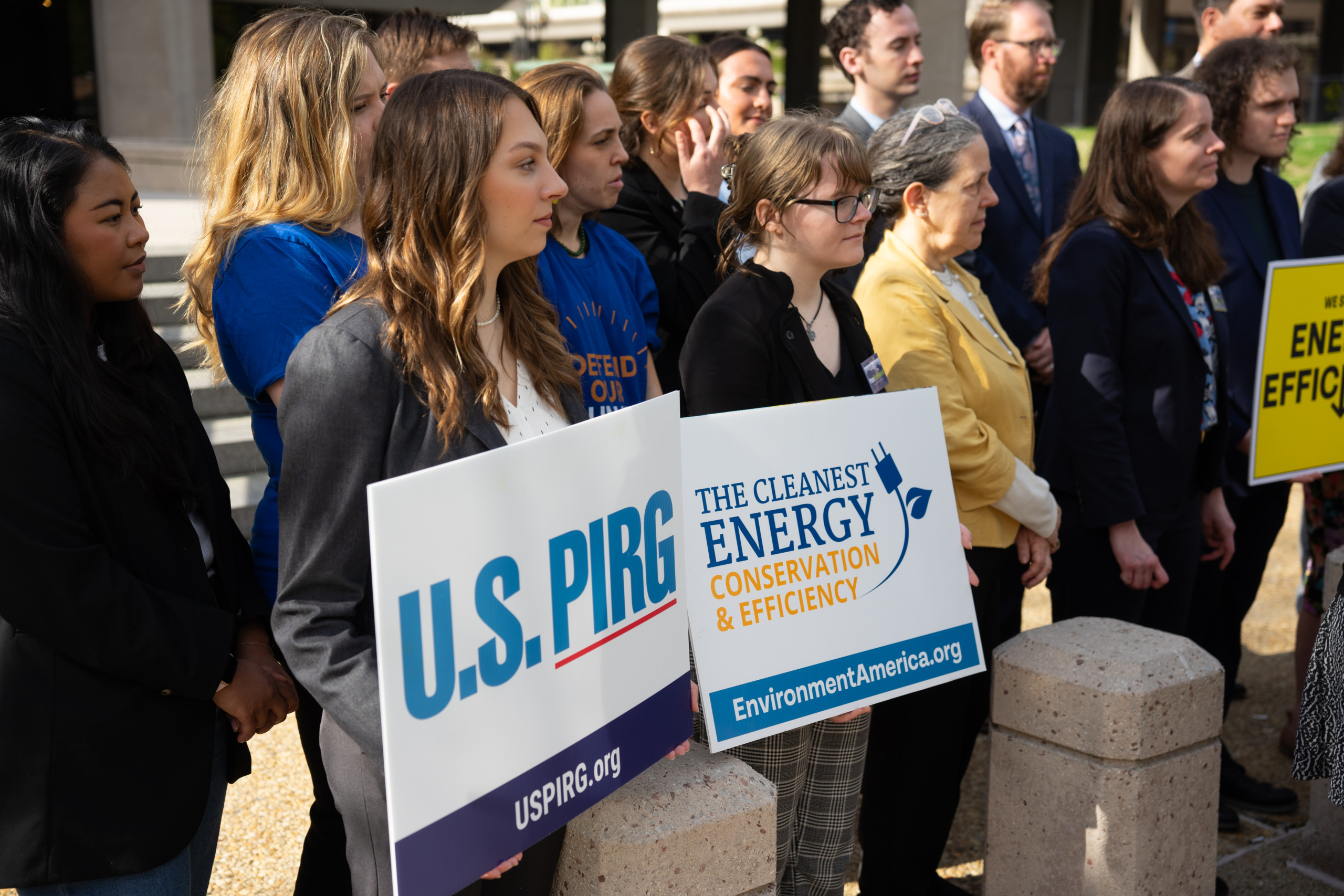
Energy Conservation & Efficiency
Groups urge Biden to ‘Finish the job’ on appliance efficiency
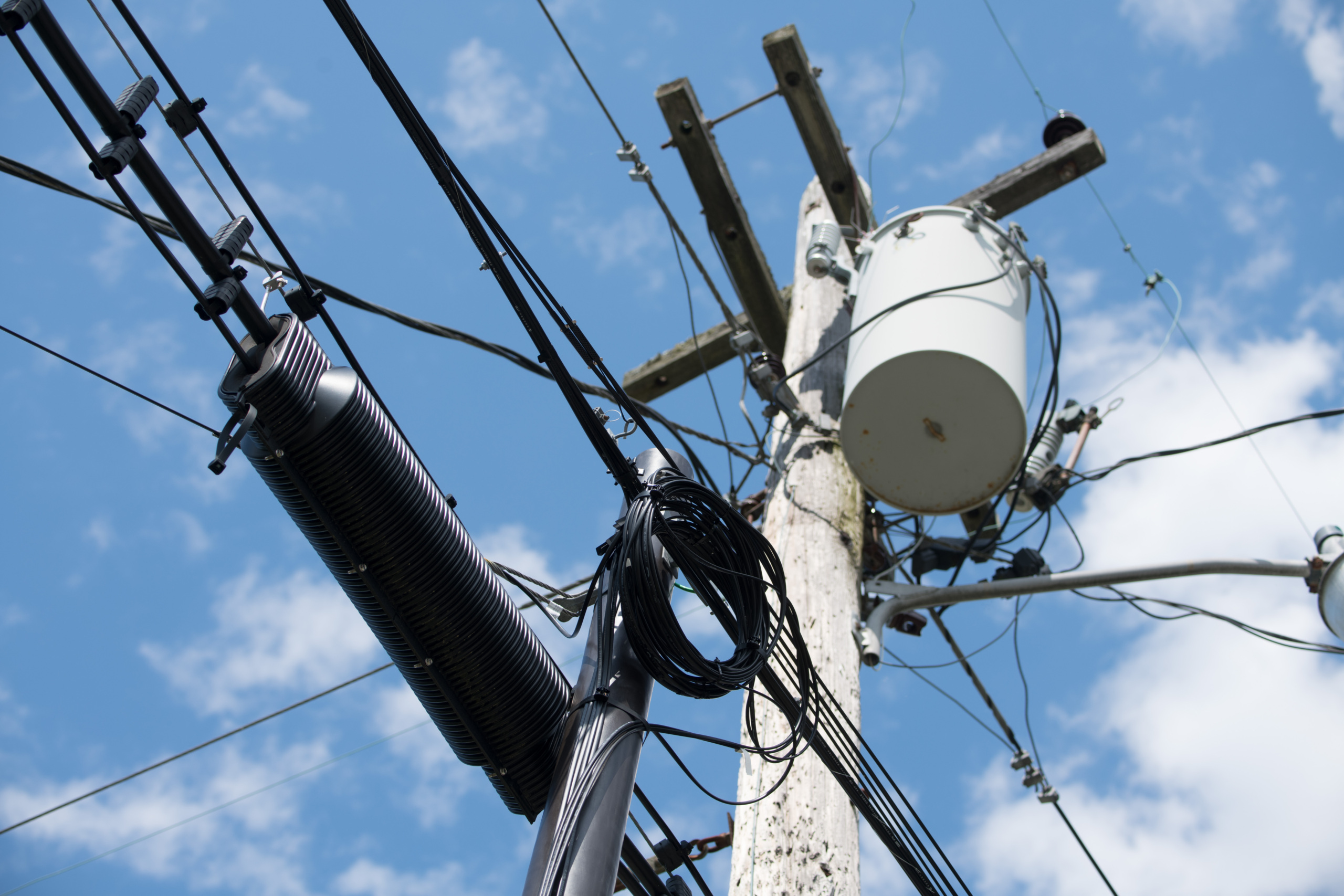
Energy Conservation & Efficiency
Transformer efficiency rule leaves energy savings on the table
